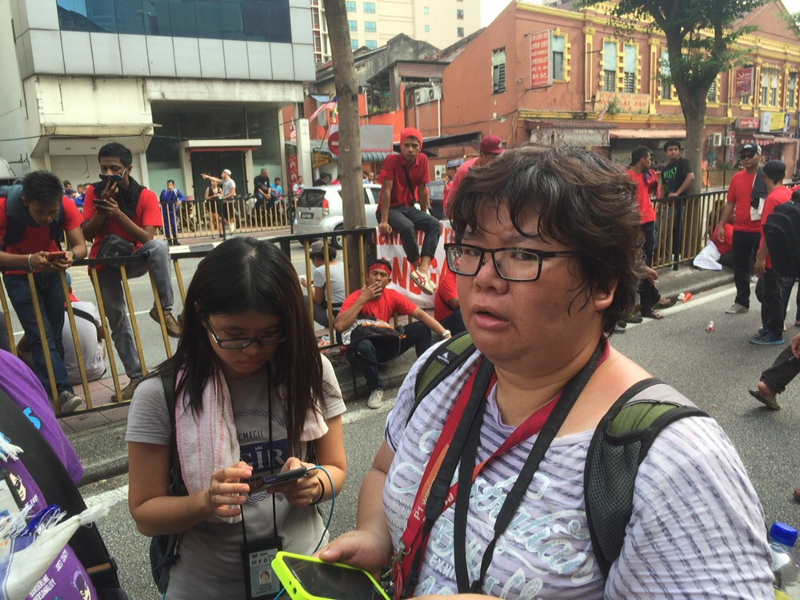KUALA LUMPUR, April 29 ― The Attorney-General’s suggestion that journalists sue politicians who lie about being misquoted does not protect the media from police investigations when they are instead accused of inaccuracy, a press freedom group said.
The Centre for Independent Journalism (CIJ) highlighted the case of Malaysiakini reporter Kow Gah Chie, who is being investigated under Section 505(c) of the Penal Code for allegedly causing public mischief after Sarawak Barisan Nasional (BN) politician Dr Annuar Rapaee accused the journalist of taking his speech at a recent seminar in Sibu, Sarawak, out of context.
“While CIJ welcomes the AG's acceptance of the reality of politicians lying about being misquoted, his solution seems topsy-turvy,” CIJ director Sonia Randhawa told Malay Mail Online recently.
“The onus should be on politicians to take action against false news reports, rather than on journalists to take action against politicians. This ignores how journalists rely on politicians as news sources.
“Further, in the recent case where a politician accused a journalist of lying, the journalist faced the threat of a police investigation. The proposed solution would not protect journalists from this threat,” she added.
AG Tan Sri Apandi Ali reportedly said at a recent talk that media outlets should take legal action against politicians who falsely claim to be misquoted or who renege on their own remarks, as this would hold public figures accountable.
CIJ pointed out that since Apandi has acknowledged such instances of deceitful politicians, the police and other relevant agencies should “protect the messengers, that is the journalists, from threats and reprisals, rather than facilitating spurious investigations against them”.
Bangkok-based press freedom group Southeast Asian Press Alliance (SEAPA) said politicians are quicker to sue journalists than vice versa because they are richer and more powerful.
“A lawsuit would have to involve the media owners ― and not all are equally willing or able to support their reporters/editors in such cases,” SEAPA executive director Edgardo Legaspi told Malay Mail Online.
Lawyer Syahredzan Johan said there is only a cause of action for journalists if politicians say something defamatory, such as saying that a journalist misquoted them because of a hidden agenda to bring them down.
“Claiming that he is misquoted is not in itself defamatory,” Syahredzan told Malay Mail Online.
“In most circumstances, the best recourse for the journalist is to publish proof that the politician has, in fact, been quoted properly, instead of suing the politician,” he added.
A defamation lawyer similarly said there was no legal cause of action for journalists against politicians unless they were defamed.
“Having the audio and/or visual recording of the politician would be good enough evidence to show veracity,” she told Malay Mail Online on condition of anonymity as she is leaving her law firm soon.
When asked if it was unrealistic or unnecessary for journalists to take legal action, the lawyer said it would depend on what they wanted.
“If he or she and/or the news organisation was defamed by the politician who may label them as dishonest etc ― maybe. However, that would be a very rare occasion. It really depends on the context and facts of a particular situation,” said the lawyer.



















